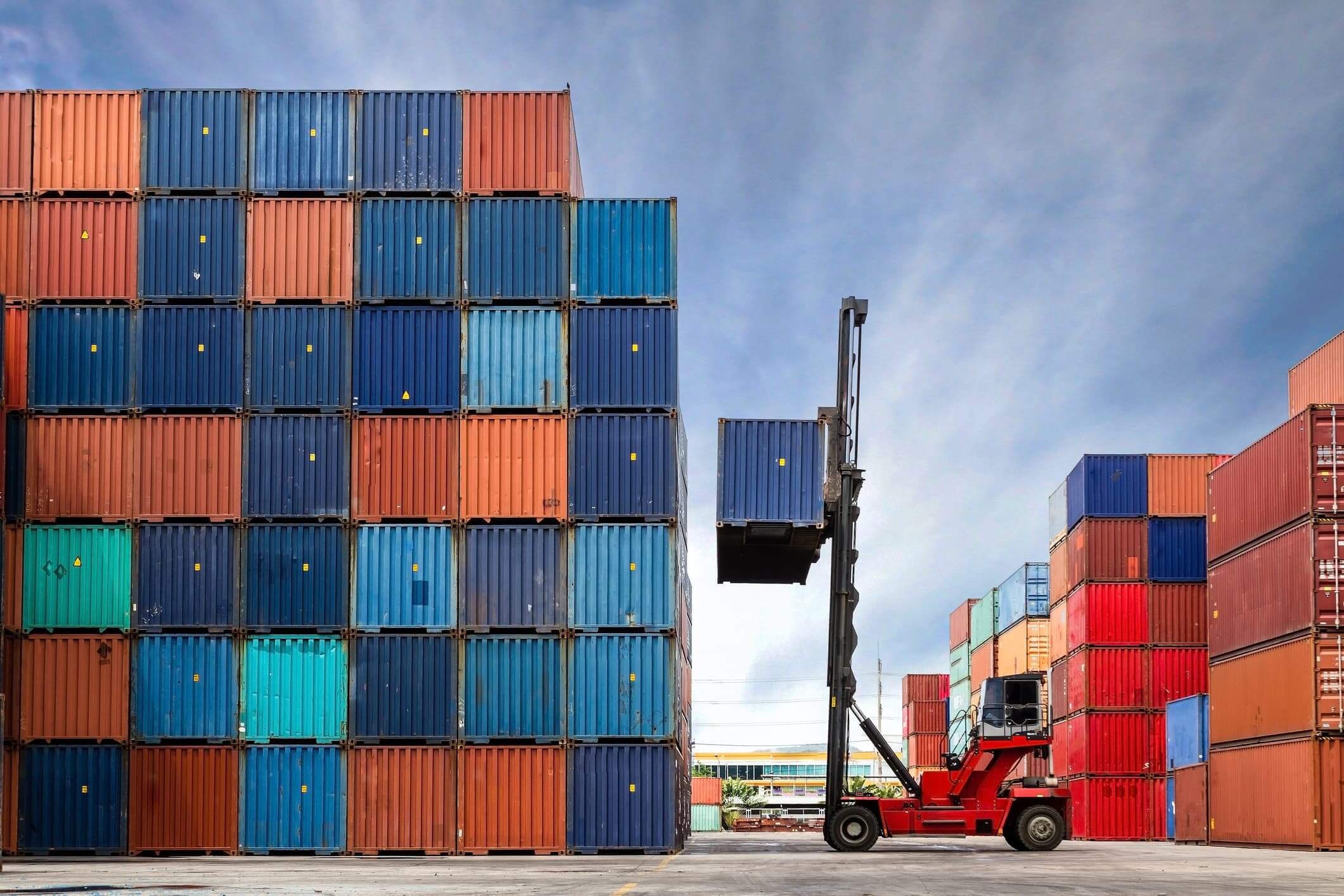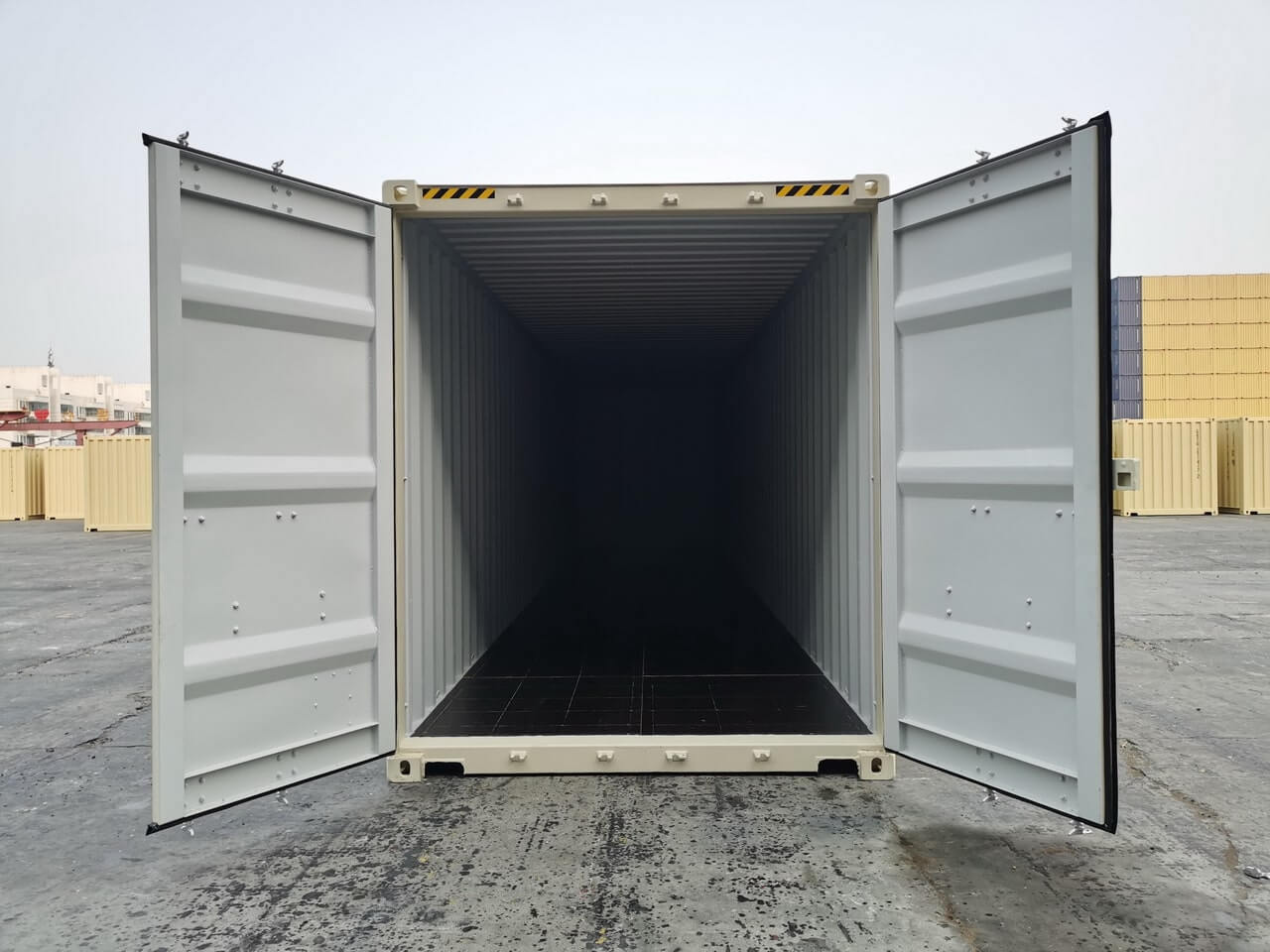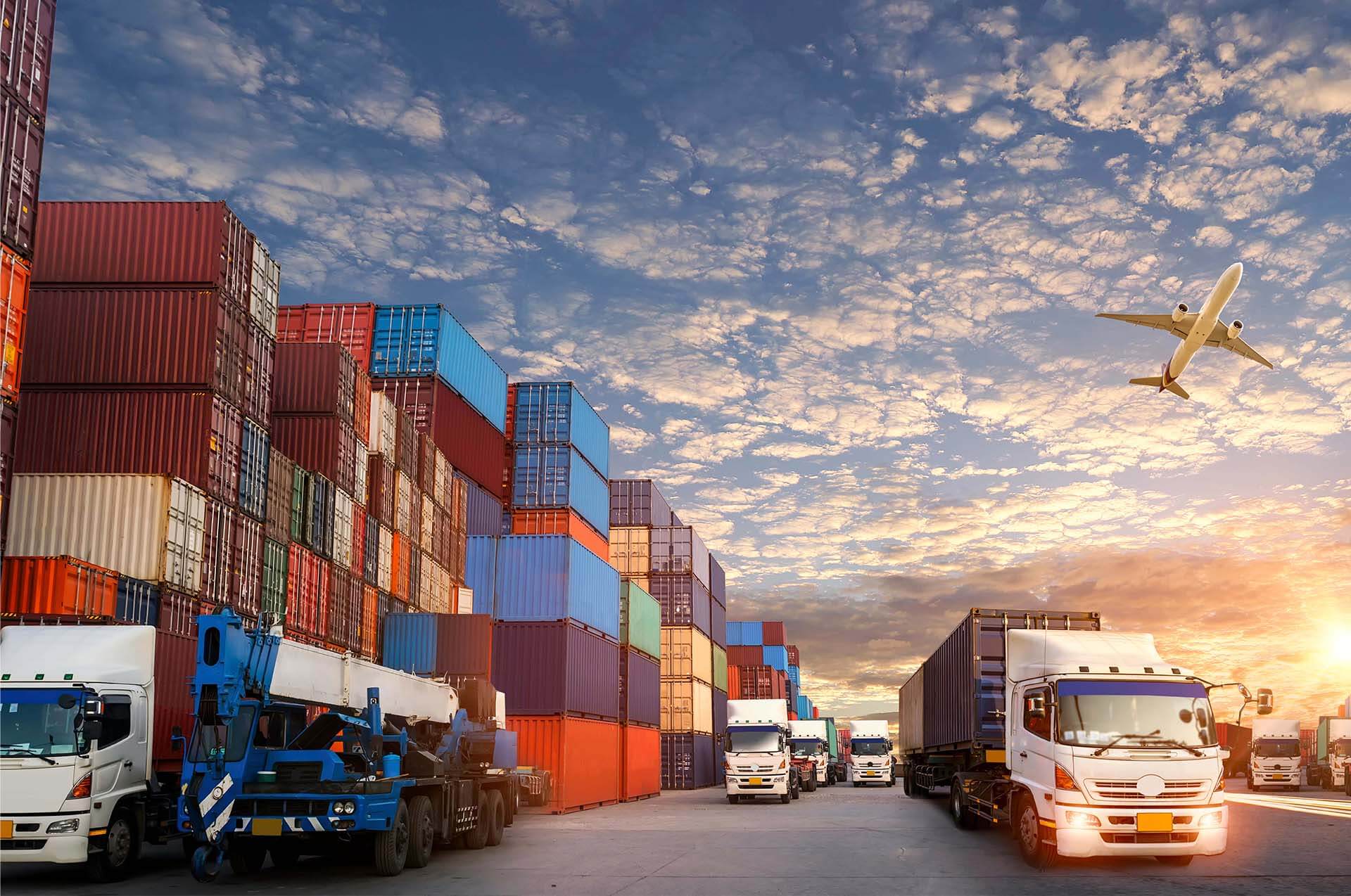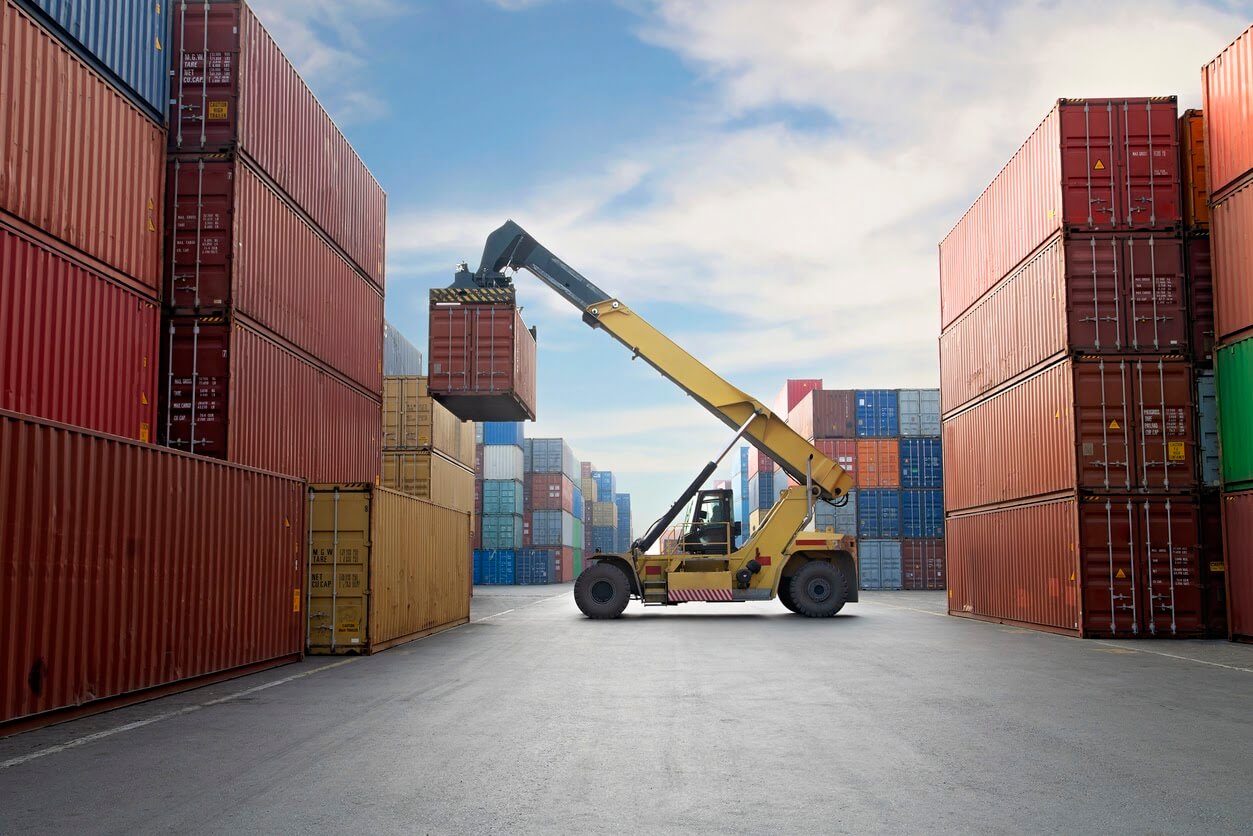
In the global shipping industry, efficient handling and management of cargo are crucial for ensuring smooth and timely delivery. One key component that plays a significant role in this process is the Container Freight Station (CFS). This article explores what a CFS is, its functions, advantages, and its importance in the logistics and shipping sectors.
What is a Container Freight Station (CFS)?
A Container Freight Station (CFS) is a facility where cargo is consolidated or deconsolidated before being shipped to its final destination. It serves as an intermediate location between the shipper and the carrier, where goods can be stored, sorted, and inspected. CFSs are usually located near ports, inland terminals, or at strategic logistics hubs, making them convenient for handling both import and export cargo.
CFSs are particularly essential in the context of Less than Container Load (LCL) shipments, where multiple consignments from different shippers are consolidated into a single container. Upon arrival at the destination port, the cargo is deconsolidated and distributed to the respective consignees.
Functions of a CFS
A CFS performs several critical functions in the shipping and logistics process:
- Cargo Consolidation and Deconsolidation: One of the primary functions of a CFS is to consolidate smaller shipments into a single container (LCL) or deconsolidate Full Container Load (FCL) shipments into smaller consignments for final delivery.
- Cargo Storage: CFSs provide temporary storage for goods before they are loaded onto vessels or after they have been unloaded. This storage capability is crucial for managing cargo flow and ensuring smooth transportation logistics.
- Customs Clearance: CFSs often have customs facilities where cargo can be inspected, and necessary customs procedures can be completed. This helps in streamlining the import and export process by facilitating customs clearance at a central location.
- Cargo Handling and Sorting: At a CFS, cargo is handled, sorted, and prepared for further transportation. This includes activities such as labeling, packaging, and repackaging, as well as palletizing and unitization.
- Value-Added Services: Many CFSs offer additional services such as cargo inspection, quality control, inventory management, and freight forwarding. These value-added services enhance the efficiency of the supply chain and provide additional convenience to shippers and consignees.
Advantages of Using a CFS
Utilizing a CFS offers several advantages to shippers, consignees, and logistics providers:
- Cost-Effectiveness: By consolidating LCL shipments, CFSs help reduce transportation costs. Sharing container space with other shippers allows for lower freight charges compared to booking a full container for smaller shipments.
- Flexibility: CFSs provide flexibility in cargo handling and storage, allowing shippers to adjust their logistics plans as needed. This is particularly useful in situations where cargo arrival or departure dates are uncertain.
- Efficient Customs Procedures: Centralized customs clearance at a CFS can expedite the inspection and release process, reducing delays and potential demurrage charges.
- Enhanced Security: CFSs are secure facilities with measures in place to protect cargo from theft, damage, and other risks. This ensures the safety and integrity of the goods being handled.
- Streamlined Supply Chain: The services provided by a CFS, including value-added services, help streamline the supply chain and improve overall efficiency. This leads to faster and more reliable delivery of goods.
Importance of CFS in the Shipping Industry
Container Freight Stations are a vital component of the global shipping industry. They facilitate the efficient movement of goods, support the consolidation of cargo, and simplify the logistics process. By providing essential services such as cargo handling, storage, and customs clearance, CFSs contribute to the smooth operation of international trade.
Moreover, as global trade continues to grow and evolve, the role of CFSs becomes increasingly important. They help manage the complexities of logistics and supply chain management, ensuring that goods reach their destinations on time and in good condition.
Conclusion
Container Freight Stations play a crucial role in the shipping and logistics industry, offering a range of services that enhance the efficiency and cost-effectiveness of cargo transportation. Whether for consolidating LCL shipments, providing temporary storage, or facilitating customs clearance, CFSs are indispensable in the modern supply chain. As global trade continues to expand, the importance of these facilities in supporting smooth and reliable shipping operations will only increase.
Looking for reliable and efficient cargo handling and logistics solutions? Contact RAM International Shipping today to learn more about our comprehensive services, including CFS operations, customs clearance, and more. Let us help you streamline your supply chain and ensure your goods reach their destination safely and on time. Get in touch with us now to discuss your shipping needs!



